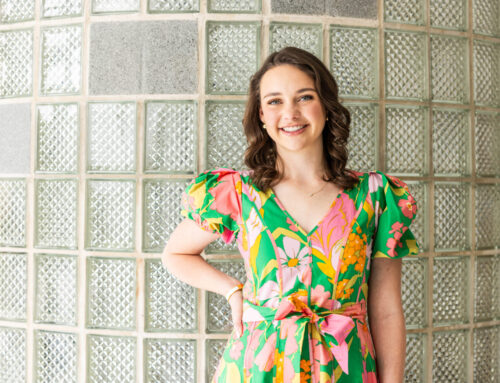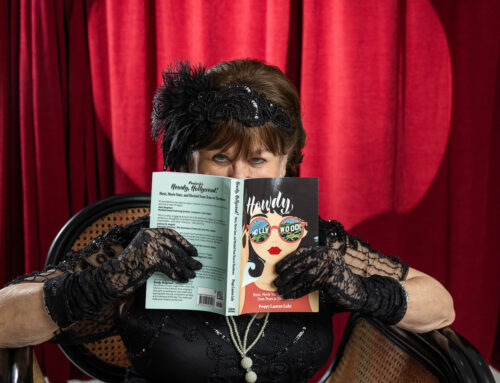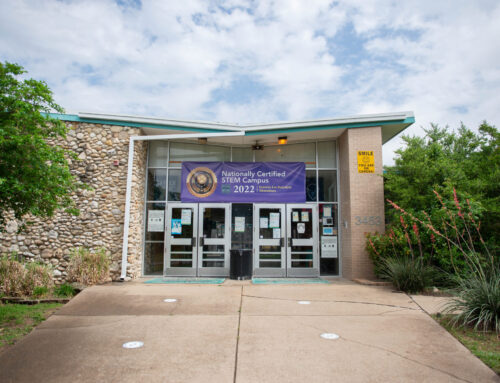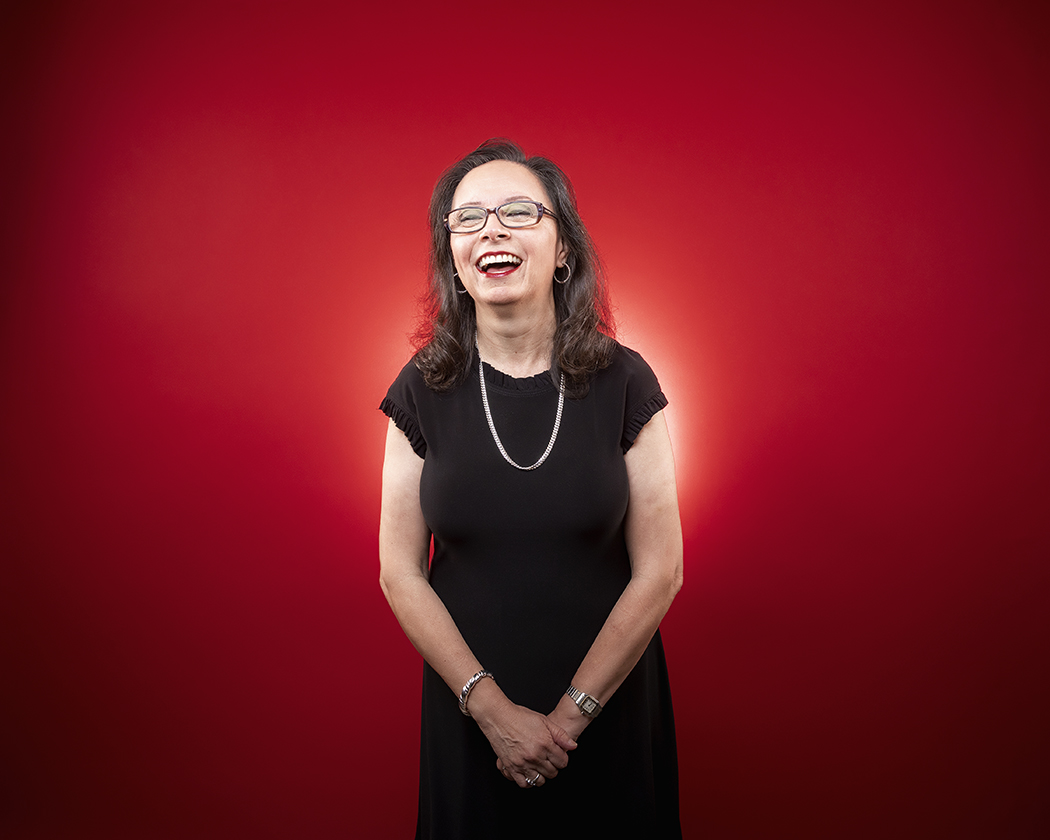
Photography by Danny Fulgencio.
When Ana Hernandez migrated to El Paso from Mexico at the age of 10, her father insisted that she and her two brothers value education, even though he had only finished sixth grade. “You’re standing on my shoulders,” he told them. “Don’t disappoint me.” As the oldest, Hernandez felt the pressure. She skipped fifth grade and finished high school in three years. Then she put herself through college at the University of Texas at El Paso, where she majored in journalism and minored in finance and accounting. Today, Hernandez is senior vice president and senior commercial loan officer for PlainsCapital Bank. She says her journalism background taught her how to ask questions, how to tell a story when it comes to underwriting and how to be mindful of readers, even when they are loan committee members. Passionate about volunteering, Hernandez received the Texas Women’s Foundation Maura Women Helping Women Award in May. She and her husband live with a dog that thinks he is their child. Their 25-year-old daughter graduated from W.T. White High School.
Ana Hernandez

The most challenging thing she’s overcome: The first one that I encountered was discrimination when I came to the U.S. The most disappointing part was that it came more from people who were born here and looked like me. I started hanging around with African-American kids. They didn’t speak Spanish, and I didn’t speak English, yet we were communicating, and it forced me to immerse myself in the language. That’s how I learned English. I see challenges as an opportunity to educate.
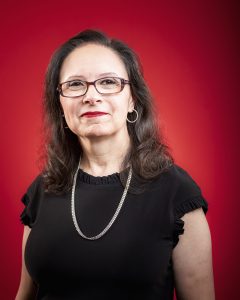
Photo by Danny Fulgencio
On being female in the banking industry: There’s not a lot of commercial bankers that are women, let alone Latinas. Some men will say, “Oh, you can be so aggressive.” But if I was a guy, they would say, “Woo! Yay buddy.” I had a boss ask me, “Why are you late to Monday morning meetings?” I said, “I come, and what happens? You all talk for 15 minutes about sports. When you start the meeting on time, then I will be there on time.” He apologized and started the meetings on time. I believe all women are trailblazers in their own right.
On paying it forward: People helped me in different ways as I was growing up, yet I didn’t see it as mentoring at the time. I saw people being kind-hearted. I learned to reach out and listen to guidance. I had a school counselor who propelled me even when I did not believe in myself. He helped me, and so I want to be able to put my hand out. I came to this country for a dream that my father had. Now it’s my turn to give back.
How she volunteers: I go and talk to girls in different venues, from elementary and middle schools to high schools. I’ve read a lot of statistics about middle schoolers. I don’t want to say I inspire them, but I’m like them in that I grew up in a low-income family. Education is a way out. There was a need for bilingual people to help women in shelters because there were not a lot of programs for them. We created a committee called WIN, Women In Need, and we started doing a road show at different shelters. I recruited bilingual attorneys and counselors, and I did the financial literacy component.
The best advice she’s ever received: Never give up, and believe in yourself. My mother always told me, “Your light will shine, and people will criticize, but don’t worry. Just say, ‘My light is shining. If you don’t like my light, cover your eyes.’” She also told me a saying in Spanish: “You really can do everything. God first, then your family. Don’t lose focus on that.”


